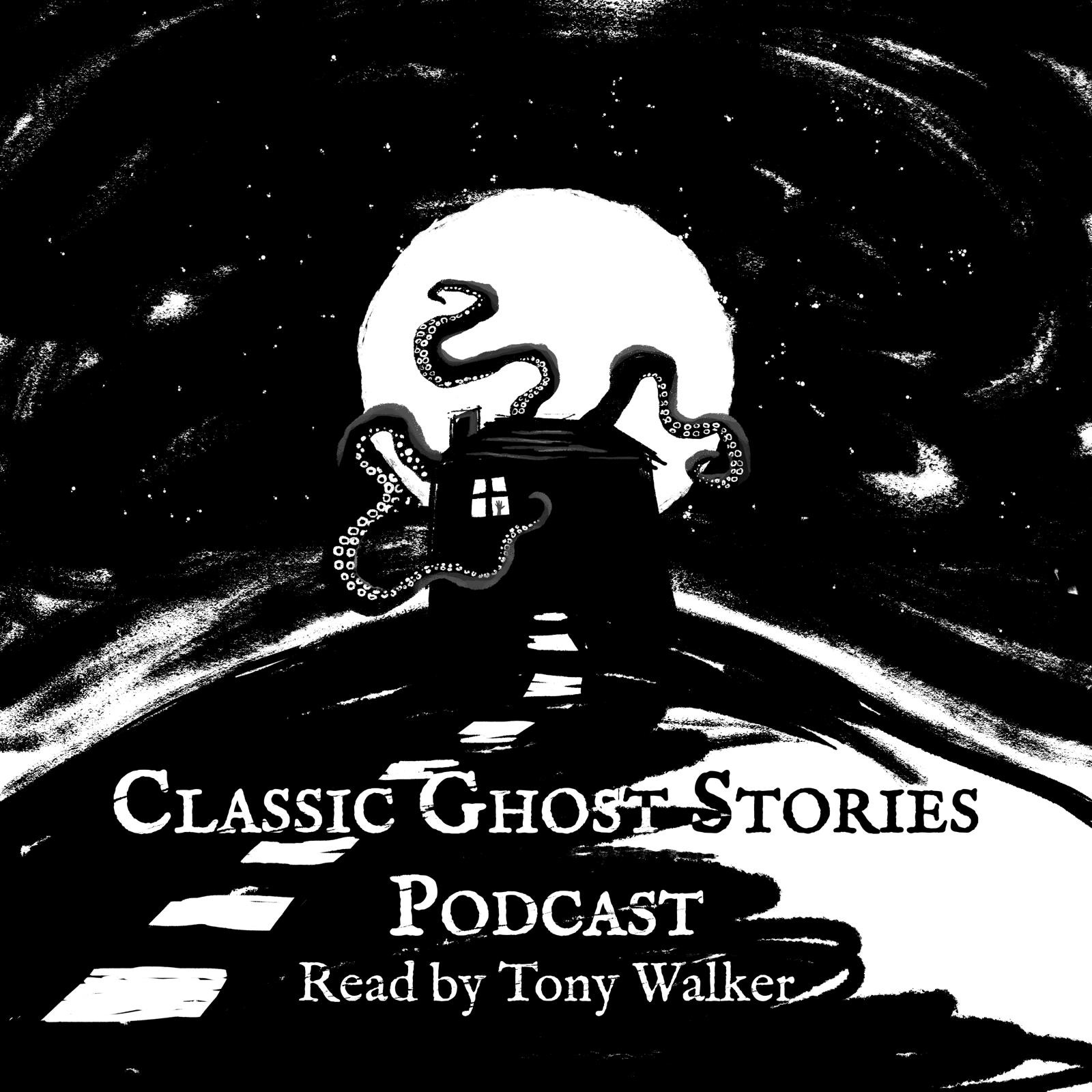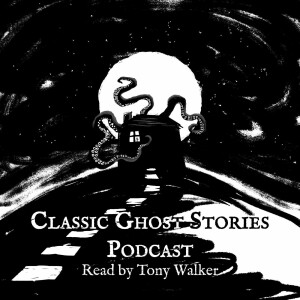
Yes, I’m loading up the podcasts so I can do nothing much over Christmas and New Year. You will hear me claim on this one that it’s New Year’s Day. I’m sorry for the deceit, but I was not gong to be sitting New Year’s day doing this. I have a family argument to go to.
Richmal Crompton
Richmal Crompton was born in Bury, Lancashire in 1890 and died in Bromley, Kent in 1969, aged 78. She was the daughter of a clergyman who though he was ordained worked as a teacher of Greek and Latin at Bury Grammar School. She was not born into the aristocratic world portrayed in this story.
She was educated at a private school for the daughters of clergymen in Lancashire. She trained as a schoolteacher like her father and got a BA in Classics from the Royal Holloway College in 1914. She was a supporter of Women's Suffrage. She worked as a teacher until 1923 when she became a full-time writer. She never married and had no children.
She contracted polio and had to use a wheelchair for the rest of her life.
She had moved to Bromley in Kent, just outside London when she was twenty-seven to teach at the school there. She never left the area and her writing was so successful she had a house built for herself on the Common.
She was a successful novelist and published forty one novels. Her most famous series of novels was for children and featured the comic figure of William, a rather feckless schoolboy. The first of these Just William was published in 1922. The stories are hilarious and were a great favourite of mine when I was a small boy.
She wrote several ghost stories and these were published in 1928 as Mist and Other Stories.
Rosalind By Richmal Crompton
In Rosalind, we are plunged once more into that Edwardian world of the leisured rich of England such as we see in the stories of E F Benson. However, the story is also about an artist and his model, such as we heard in The Yellow Sign. It's quite a different story to the Yellow Sign for all that.
I think this is one of the best ghost stories we have ever read. The characterisation is very poignant. Our unnam med narrator paints such a picture of Heath as the bored, but talented rich boy to whom everything comes to easily and for whom everything is therefore shallow.
He takes Helen, our man's beloved, with no thought. He doesn't even consider our narrator at all. It's not selfishness, it's blindness to the existence of other people.
He falls in love with Rosalind but there is no question that an artist's model will every be a life match for the future Viscount of Evesham. It would have been easy for Crompton to suggest Rosalind wished this but she is subtle enough to have Rosalind accept it too. I guess that Rosalind is willing to accept being his mistress and mother of his illegitimate child.
Heath is the selfish narcissist that he sees the pregnancy only as an interruption to his idyll. He is bad tempered about this, and we see him pleased that his child and Rosalind have died so as to put an end to the possibility that it will ruin his well-planned marriage to Helen.
But Heath is sentimental too. Once he realises he's lost Helen, and is unfulfilled by his planned marriage, he starts to mope and goes over the top bringing down armfuls of orchids and roses in a sentimental but ironically cheap gesture.
He is so sentimental that Rosalind gestures him to his death. We can look at this in several ways. First that this is Rosalind's revenge from beyond the grave and that her ghost has connived at this and timed it perfectly just before his wedding. We remember Rosalind's vow that se won't let Helen have him.
Or, it might be seen as the workings of a greater Fate, in that Heath's marriage to Helen was untenable because it was in bad faith, and that it could not be allowed to go ahead.
Presumably, Helen is going into this marriage with her eyes open. She knows what it will entail and is willing to take it on as a job in order to obtain the position that will suit her as Lady Evesham. But she's from the aristocracy anyway, so it isn't that much of a leap up.
In fact, I thought Helen came out of this very well—dignified and mature. Others say she is colourless, but our narrator's comment shows that these observers are superficial. He knows her worth. Heath's death allows him to marry Helen, the woman he'd loved forever.
But what does Helen think of our narrator? Is she merely putting up with him as the best job, or did she come to love him.
Our narrator isn't a bad chap either. He may be a little cowardly but he does mention Heath's obligation to look after the child and he does go to see Rosalind. He accepts the social conventions and tells her she will forget, so he is no revolutionary. I didn't dislike him though.
I thought Helen was the best of the bunch. Our narrator wasn't bad. Rosalind was swept away with the romance of being loved by a Viscount's son, I think. And Heath, he was tragic and pathetic.
Still, a great story I thought. It had the moral message of a ghost story with a typical resolution that lined us up with natural justice, but some lovely characterisation.
Music
Start and Middle Music by The Heartwood Institute. Also From The Forests, From The Furrow, From The Fields is the first track after I finally shut up. Listen on Bandcamp
End music is The Drowning by Dvoynik. Here's a link to Dvoynik on Bandcamp.
Last track is The Unquiet Grave by Greymalkin. Listen on Bandcamp
My New Collection Of Christmas Ghost Stories
More Christmas Ghost Stories. Selling well with some nice reviews. Thank you!
Buy Me A Coffee!
If you'd like to show your appreciation for the Podcast, you can buy me a coffee!
Ko-Fi
This is a public episode. If you’d like to discuss this with other subscribers or get access to bonus episodes, visit tonywalker.substack.com/subscribe
More Episodes
 2022-09-24
2022-09-24
 2022-09-15
2022-09-15
 2022-08-27
2022-08-27
 2022-08-22
2022-08-22
 2022-07-24
2022-07-24
 2022-07-22
2022-07-22
 2022-07-18
2022-07-18
 2022-07-11
2022-07-11
 2022-06-27
2022-06-27
 2022-06-25
2022-06-25
 2022-05-15
2022-05-15
 2022-04-16
2022-04-16
 2022-04-08
2022-04-08
 2022-03-25
2022-03-25
 2022-03-18
2022-03-18
 2022-02-21
2022-02-21
Create your
podcast in
minutes
- Full-featured podcast site
- Unlimited storage and bandwidth
- Comprehensive podcast stats
- Distribute to Apple Podcasts, Spotify, and more
- Make money with your podcast
It is Free
- Privacy Policy
- Cookie Policy
- Terms of Use
- Consent Preferences
- Copyright © 2015-2024 Podbean.com






